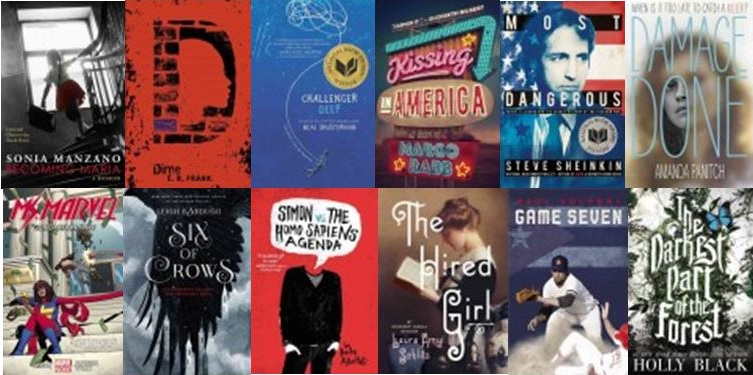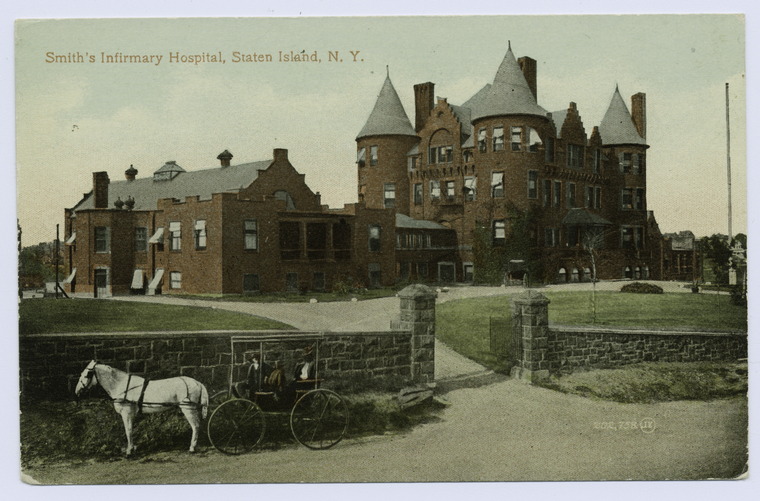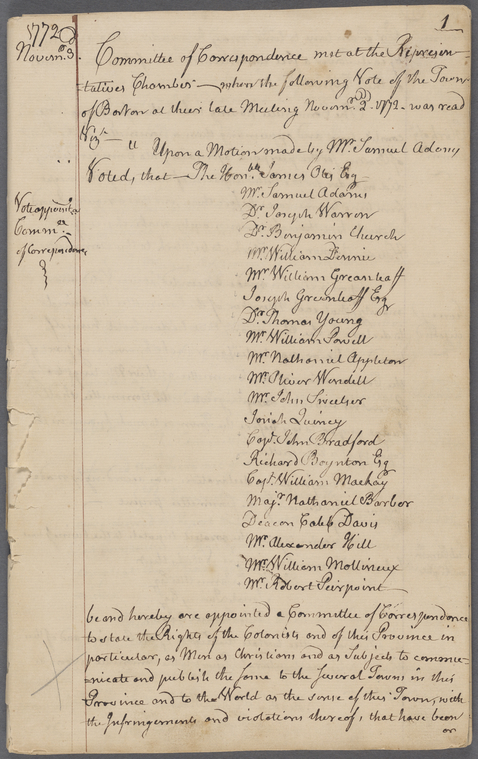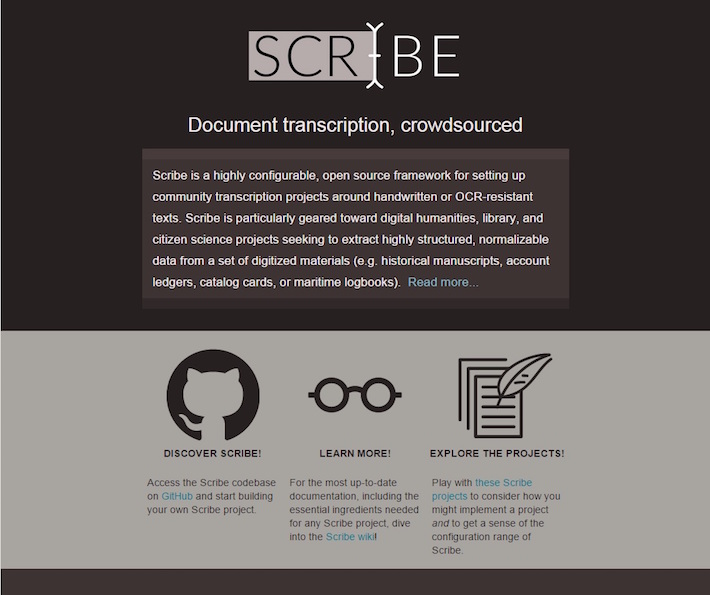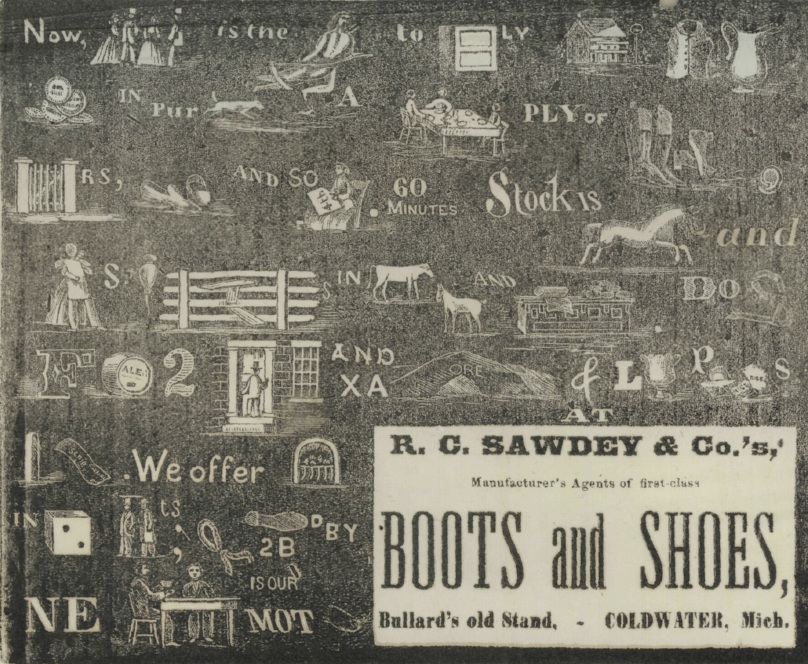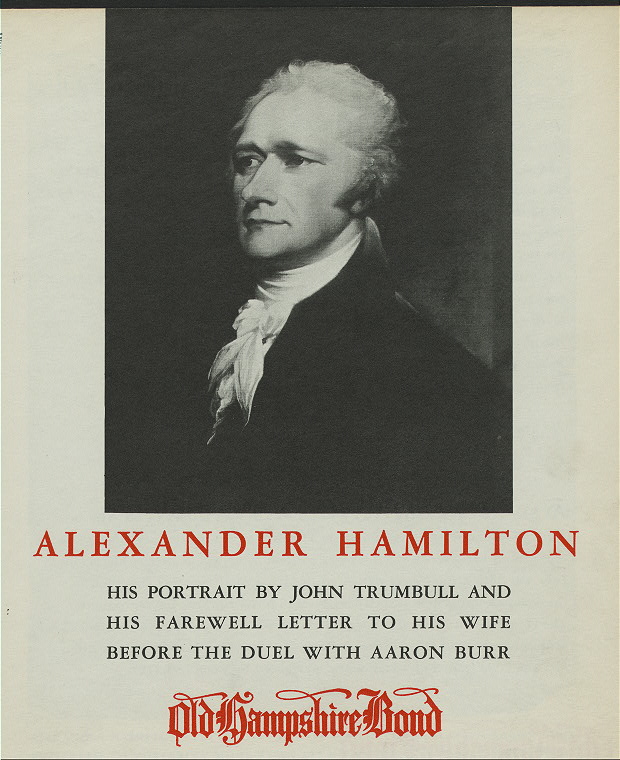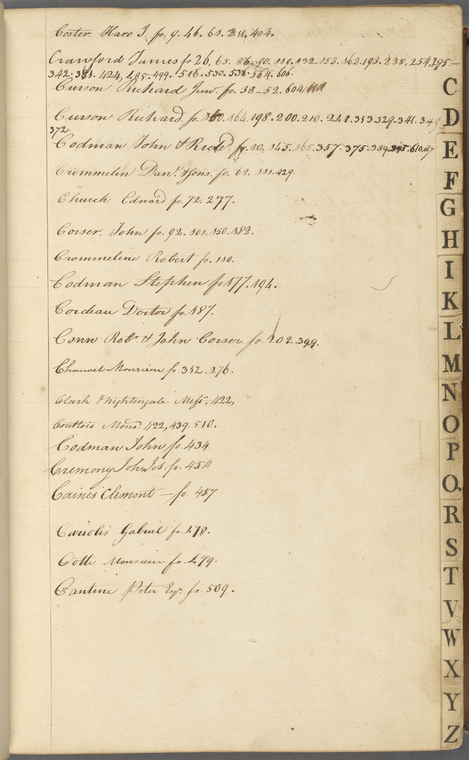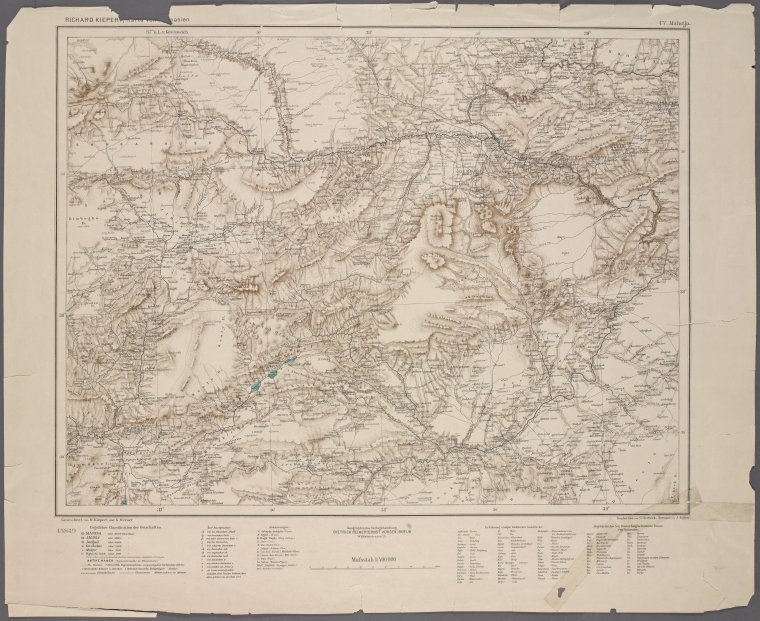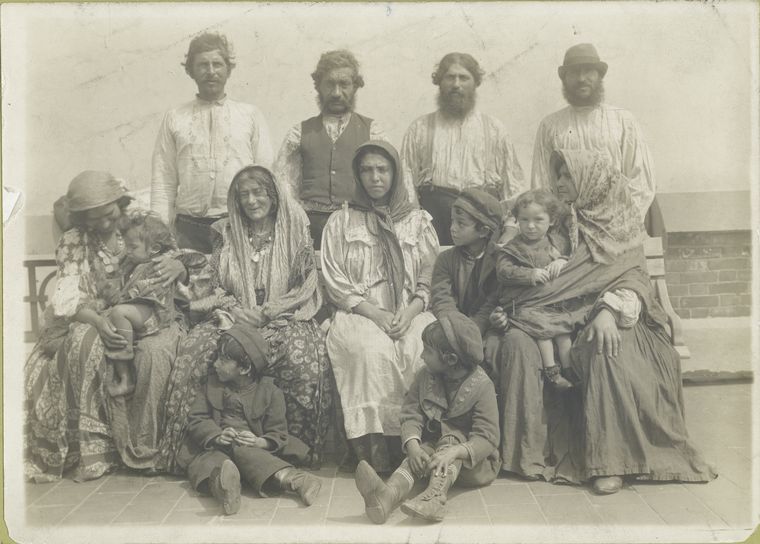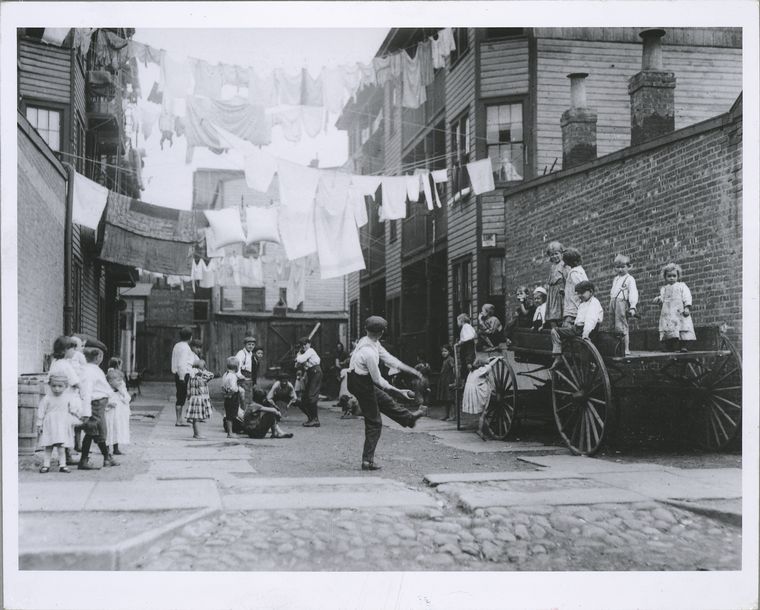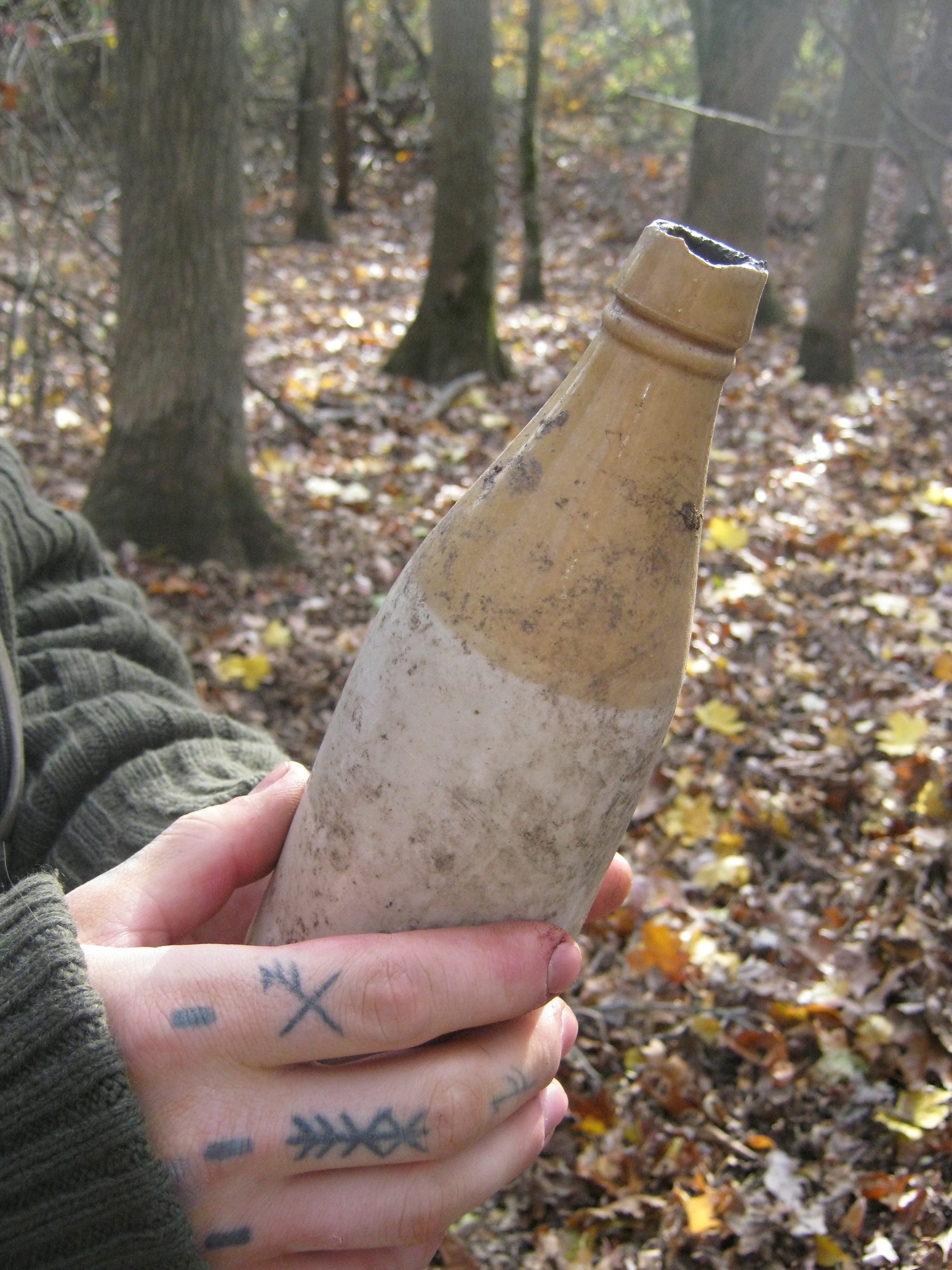Best Books for Teens 2015: Our Top 10 Favorites!
by Anne Rouyer, Supervising Librarian, Mulberry Street Library
December 11, 2015
It’s time for the second annual NYPL Best Books for Teens list! Get ready for the most memorable, the most gut-wrenching, the most exciting, the most fun, the most swoony, the most informative and the most engaging books of the year.
Using Postcards for Local History Research
by Carmen Nigro, Assistant Director, Map, Dorot Jewish, and Local History & Genealogy Divisions, Stephen A. Schwarzman Building
December 4, 2015
Postcards are a fantastic visual resource for a place’s past that are often underutilized by scholars. They offer rich evidence of culture and architecture as a visual record of the past.
Top 9 Documents from the Boston Committee of Correspondence Records
by Mark Boonshoft
November 30, 2015
The BCC records is an important resource for understanding the American Revolution. But it is also a massive and unwieldy one. To make things easier, I've put together a list of nine important and representative documents from the BCC records, which, taken together, offer a rough outline of the BCC's activities and functions during the 1770s and 1780s, as well as a sense of the Committee's place in the larger story of the American Revolution.
Scribe: Toward a General Framework for Community Transcription
by Paul Beaudoin
November 23, 2015
Emigrant City is a bit different from the other projects we’ve released in one very important way: this one is built on top of a totally new framework called Scribe.
Readers Den: Liar, Temptress, Soldier, Spy: Interview and Wrap Up
by Brian Baer, Mulberry Street Library
August 13, 2015
Welcome back to the Reader's Den as we wrap up July's book. I hope you have enjoyed Karen Abbott's book Liar, Temptress, Soldier, Spy as much as I have. I talked to the author about what she likes to read (when she's not busy writing!)
Untapped E-Resources: American Broadsides and Ephemera
by Meredith Mann, Manuscripts and Archives Division, Stephen A. Schwarzman Building
August 11, 2015
What is this curious artifact of daily life in 19th century America?
HAMILTON: The Archive
by Doug Reside, Curator, Billy Rose Theatre Division, New York Public Library for the Performing Arts, Dorothy and Lewis B. Cullman Center
August 7, 2015
In the musical Hamilton, which opened last night on Broadway, George Washington tells Alexander Hamilton, “You have no control...who tells your story.” At the New York Public Library, we preserve the artifacts that allow such stories to be told, and we have an especially strong collection of archives related to the women and men whose lives inspired the characters in the musical.
Letterbooks, Indexes, and Learning about Early American Business
by Mark Boonshoft
July 20, 2015
Letterbooks were the hard drives of their day. Businessmen and merchants used letterbooks to keep records of their business transactions. To learn about how everyday life worked in a given period, there really is no substitute for these and other manuscript sources.
Salute to Narrative Nonfiction: Journalism and Social Sciences
by Lynn Lobash, Manager of Reader Services
May 12, 2015
Narrative or creative nonfiction is somewhat newly recognized genre. Naturally, as librarians we have a great appreciation for the research, the primary source documents and interviews, but it is the narrative, the skillful pacing, the phrasing, and the insight that make it read like a thriller that set these books apart from other nonfiction.
Remembering Our Ancestors: Maps and Genealogy Resources for Armenian-Americans
by Nancy Kandoian, Lionel Pincus and Princess Firyal Map Division, Stephen A. Schwarzman Building
April 23, 2015
As an Armenian-American keenly aware of the devotion to lost homeland of my ethnic compatriots, I’ve always been on the lookout for Armenians among the researchers from many large ethnic groups who have found their way to the Map Division. April 24 is the 100th anniversary of the beginning of the Armenian Genocide, and one way to honor those who were not able to find refuge is to learn all we can about them and celebrate our link to them.
20 Reasons Why You Should Write Your Family History
by Carmen Nigro, Assistant Director, Map, Dorot Jewish, and Local History & Genealogy Divisions, Stephen A. Schwarzman Building
February 9, 2015
If you have done any family history research, such as looking for records on Ancestry.com and FamilySearch.org or conducting interviews with older family members, you may have pondered writing about your genealogy research. Here are 20 reasons why you should cease pondering and start writing.
Best Books for Teens 2014!
by Anne Rouyer, Supervising Librarian, Mulberry Street Library
December 5, 2014
The list includes a selection of 25 novels, non-fiction books, and graphic novels chosen by a committee of Young Adult librarians who work with teens in NYPL’s neighborhood branches.
Play Strike! Exploring NYC Playgrounds Through Historical Newspapers
by Megan Margino, Milstein Division of U.S. History, Local History & Genealogy, Stephen A. Schwarzman Building
August 26, 2014
At the turn of the 20th century, children’s lifestyles were not quite what they are today. Child labor laws were not declared constitutional until 1938 and children largely socialized with their adult co-workers in dance halls, gambling dens, and gin mills. It was this children-as-adults culture that sparked the play movement, removing children from the “physical and moral dangers of the street” to playgrounds, under the direction of trained play leaders.
Valentina Tereshkova: The Anniversary of the First Woman in Space
by Andy Wagstaff, Collection Development
June 16, 2014
It was 51 years ago to the day, June 16th, 1963, that Valentina Tereshkova left the earth aboard the Vostok 6, and became the first woman to enter outer space.
Booktalking "Founding Mothers" by Cokie Roberts
by Miranda McDermott, Harry Belafonte 115th Street Library
May 6, 2014
Unfortunately, there is not much written about the formative female figures in our nation's history. In many cases, women assisted famous male figures, but some also did amazing things sheerly of their own volition.
A Library Branch in the Woods
by Robert Arrighi
April 4, 2014
A walk in the woods, a guy with a rake... history uncovered.
Meet the Scholar: Melissa Forstrom
by Raymond Pun
July 15, 2013
Melissa ForstromMuseums. They are great. From Museum of Mathematics to Museum of Glass, there's so much to see and to learn about these topics in our shared history. Whenever I visit a new town or country, I am always eager to check out their local or national museums; they offer a glimpse of their cultural histories, identities and accomplishments.
However, some exhibitions can also showcase contested and controversial materials. Take for example the
Meet the Scholar: Nerina Rustomji
by Raymond Pun
July 8, 2013
Nerina Rustomji and her book, "The Garden and the Fire: Heaven and Hell in Islamic Culture."About 6 years ago, I was taking an undergraduate class on the history of the Modern Middle East taught by Professor Nerina Rustomji of St. John's University. The class opened my eyes to the complexity of the region. She challenged us to look differently at the historic and ongoing conflicts in the area and America's intricate relationships with Middle Eastern countries before September 11th.
United States Sanitary Commission Processing Project: A Day at the (Civil War) Office
by Susan Waide, Manuscripts and Archives Division, Stephen A. Schwarzman Building
May 9, 2012
Anna Peterson, a graduate student at the University of Michigan's School of Information, recently helped us organize some correspondence of the USSC's Hospital Directory office in Philadelphia. Here are Anna's impressions of a letter she found in the collection during her internship with the Manuscripts and Archives Division:
The Hospital Directory, with offices in Washington, New York, Philadelphia and Louisville, was established in 1862 to collect and record information concerning the location of sick and wounded soldiers in U.S. Army hospitals. Members of the
Haiti's Patent Law of 1826 - Solution and Wrap-Up
by Kenneth Johnson, Thomas Yoseloff Business Center at SNFL
April 19, 2012
Last June, I made note of one of SIBL's patent pamphlets cataloged long ago as the Haitian Patent Law for 1826. I had my doubts about it, and wondered if anyone could help. Now, to wrap things up I thought I'd share some of what I learned here... and give an answer to the question "what is it?"
The document's title is Loi sur les patentes. Patente is not French for what in everyday speech we call a patent. As I should have known from seeing it elsewhere,
 With your library card, it's easier than ever to choose from more than 300,000 e-books on SimplyE, The New York Public Library's free e-reader app. Gain access to digital resources for all ages, including e-books, audiobooks, databases, and more.
With your library card, it's easier than ever to choose from more than 300,000 e-books on SimplyE, The New York Public Library's free e-reader app. Gain access to digital resources for all ages, including e-books, audiobooks, databases, and more.